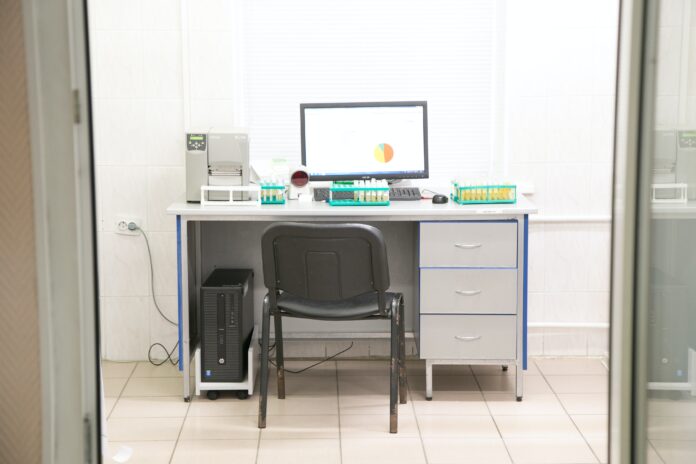
By
More certified community behavioral health clinics (CCBHC) will soon be popping up nationwide thanks to $1 million grants from the U.S. Department of Human and Health Services (HHS).
The one-year planning grants — funded by HHS’s Substance Abuse and Mental Health Services Administration (SAMHSA) — will help select states certify existing clinics and put Medicaid reimbursement systems in place.
“The expansion of Certified Community Behavioral Health Clinics is part of President Biden’s commitment to expand and strengthen equitable behavioral health for all Americans,” HHS Secretary Xavier Becerra said in a statement.
The 15 states selected include Mississippi, Alabama, and Georgia: Southern states with high Black populations and poor mental health rates.
These states are also largely rural, making residents more vulnerable to mental illness and challenges accessing care.
In Mississippi alone, 431,000 adults have a mental health condition. Many in the state — which has the nation’s highest poverty rate — report being unable to afford care and opting out because of it.
Things aren’t much different for Alabama and Georgia, — two states that struggle with meeting the needs of youth and adults with depression.
The other grant recipients include Delaware, Iowa, Kansas, Maine, Montana, North Carolina, New Hampshire, New Mexico, Ohio, Rhode Island, Vermont, and West Virginia.
A major issue throughout the country is the mental illness-to-incarceration pipeline. Overall, one-in-four people with a serious mental illness have been arrested at some point in their lifetime. And 70% of youth in the juvenile justice system — which is 41% Black — have a mental health condition.
Overall, CCBHCs have reduced hospital visits by 72%, homelessness by 40%, and jail time by 60%.
By opening its doors, CCBHCs aims to keep people suffering from mental disorders from being put behind bars.
The clinics provide crisis services to anyone who requests care for mental health or substance use. They operate 24 hours a day, seven days a week, and will serve anyone regardless of their ability to pay.
“CCBHCs are transforming behavioral health systems in this country, and we know that the model of care works,” Miriam Delphin-Rittmon, Ph.D., HHS Assistant Secretary for Mental Health and Substance Use and the leader of SAMHSA, said in a statement.
“Data shows in the first six months of receiving care, CCBHCs decrease homelessness, decrease the amount of time spent in correctional facilities, decrease the time spent in emergency rooms for behavioral health issues, decrease inpatient hospitalization for mental health treatment, and decrease the use of illegal substances.”
There are currently more than 500 CCBHCs operating in 46 states, Washington, D.C., Puerto Rico, and Guam. All of the clinics are required to meet federal standards and provide a range of services; including person-centered, family-centered, and recovery-oriented care.
The clinics must see patients within 10 days of initial contact to prevent people in need from getting stuck on wait lists.
According to the National Council for Mental Wellbeing — a non-profit organization centered on policy and social change — an estimated two million people access the clinics for care.
Overall, CCBHCs have reduced hospital visits by 72%, homelessness by 40%, and jail time by 60%.
15 additional states will receive funding in a second round set for 2024.



